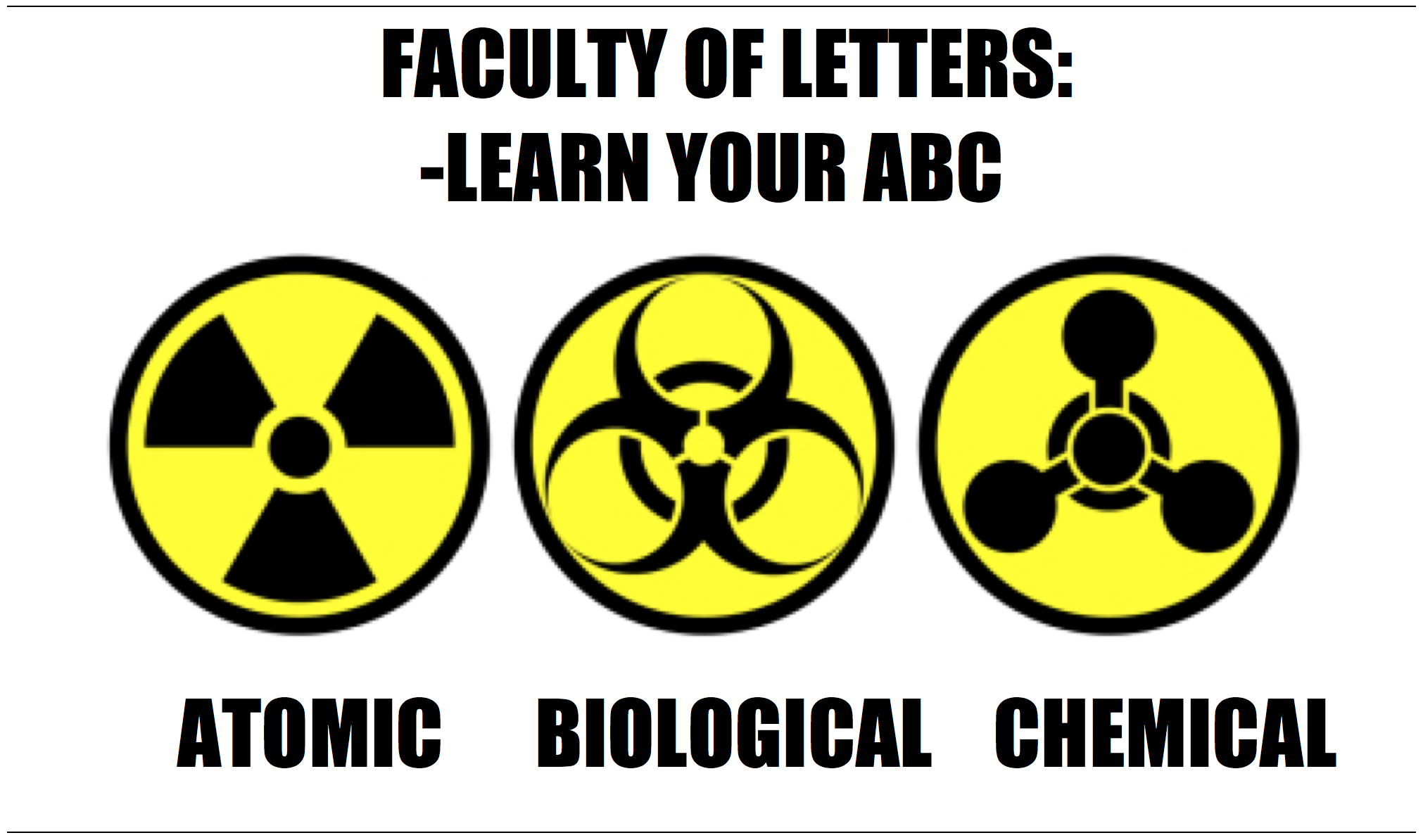
Toxic embodiment is a research theme across several projects and empirical cases, and a feminist environmental humanities project on existential and ethical approaches to health, embodiment and the unpure life in the Anthropocene (Cielemecka & Åsberg 2019). Existential concerns around health today take on a much wider set of issues as we intra-act with antibiotics, nanoparticles and untested chemical cocktails through the food we eat, the make-up we wear, the new sofas we sit it in or the environments we dwell in. We are more acutely aware today of how we are in nature, and nature, polluted as it may be, in us. Toxic bodies are certainly an urgent environmental concern: plastics seeping hormones into bodies, industries leaking toxic waste into rivers, weather bringing traces of contaminants to breast milk in Arctic climes—the transcorporeal transits of toxicity spares no one and no place, it seems (Alaimo 2011). Yet alarmist views of toxicity are themselves cause for alarm: what normative views of bodies get (re)produced in these narratives? What would a pure and clean body be? How are subjects and communities forged in toxicity as “boundary object”? (Star & Griesemer 1989; King 2001). Moreover, the idea that toxicity (and toxic human and more-than-human bodies) must be expunged from our lives (detoxed) in order to return to some pristine or pure state, points to a whole underbelly of important feminist questions: How are we, with our consumerist lifestyles and “normative intoxications,” complicit in these toxicities in the first place?
Funding Agency: MISTRA-FORMAS Seed Box, and KTH
Theme leader: Cecilia Åsberg
Duration: 2014-2021
Links:
Special Issue Toxic Embodiment and Feminist Environmental Humanities, Environmental Humanities 2019, vol 11: 1
EASCLE Webinar on Toxic Embodiment with Cecilia Åsberg and Marietta Radomska, for European Association for the Study of Culture, Literature and Environment
Toxic Embodiment Research Projects within Seed Box